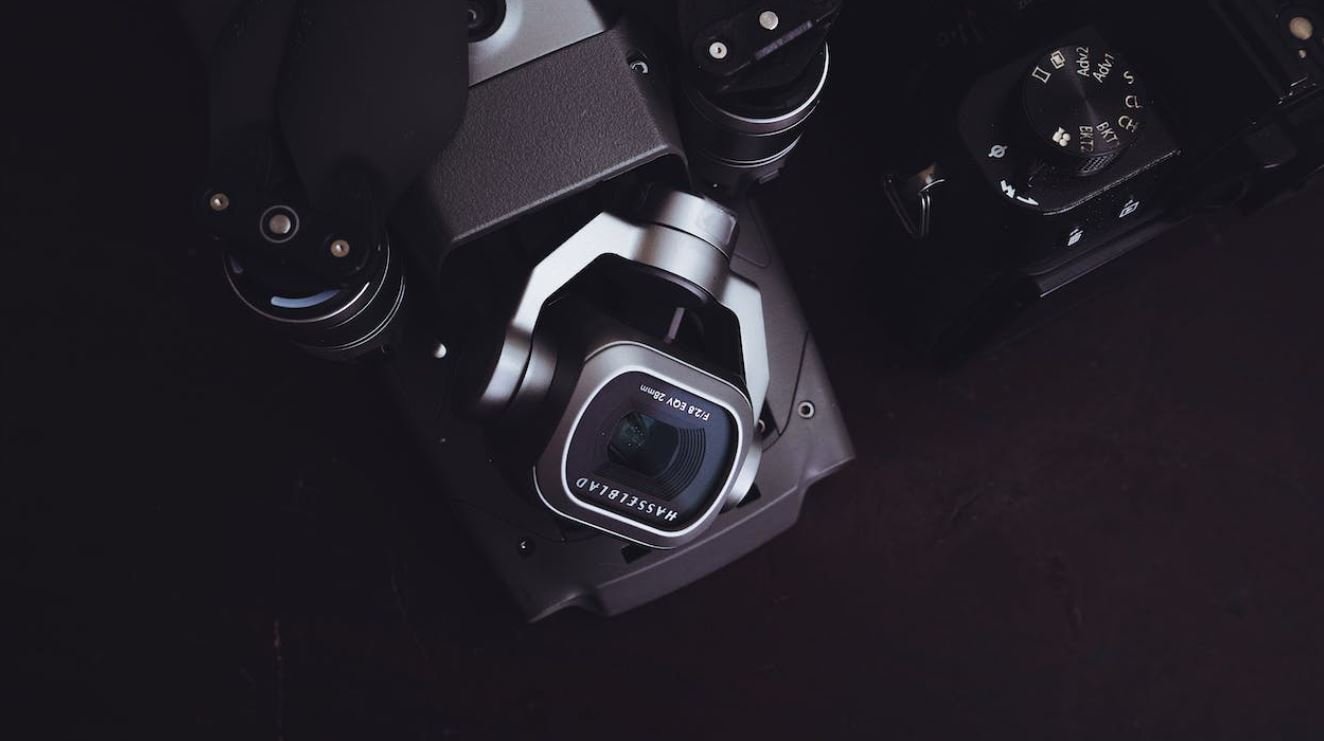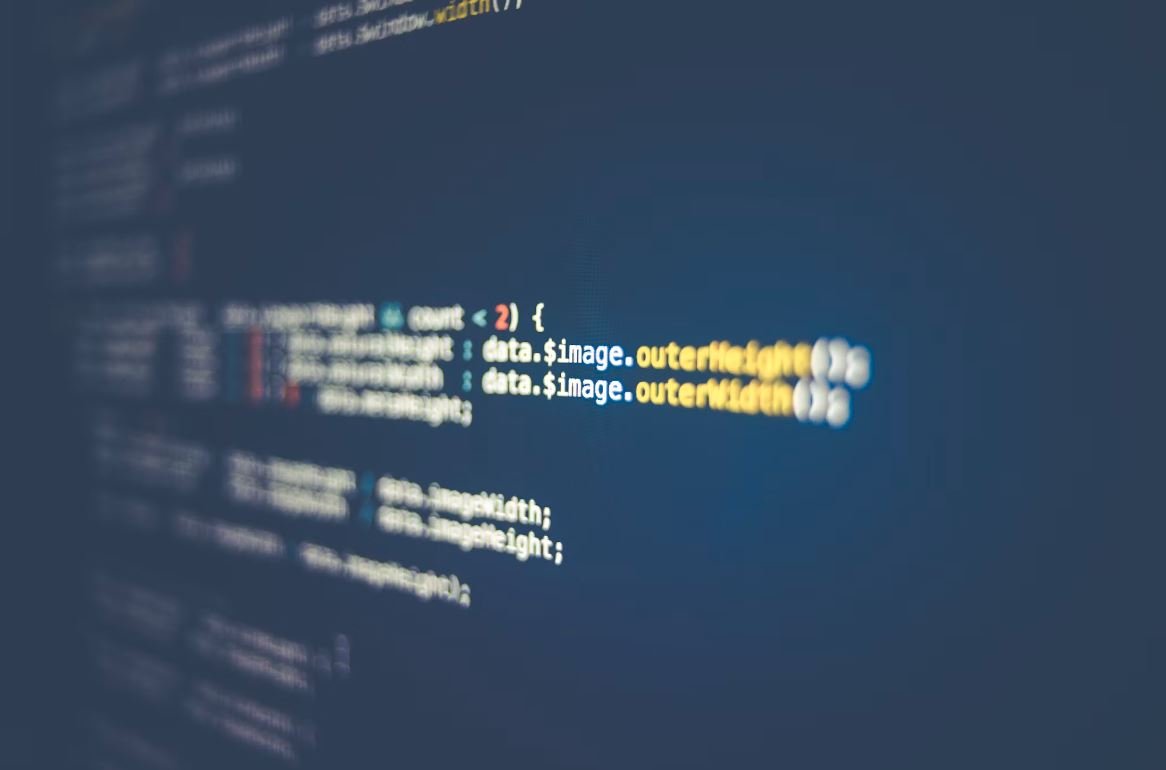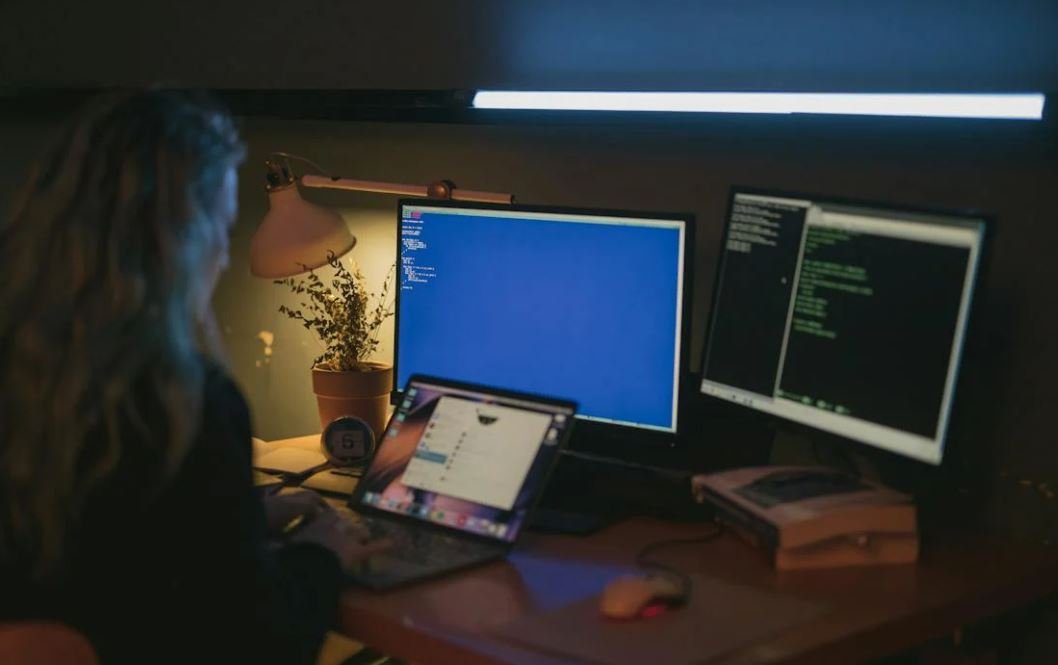Can AI Make Videos?
Artificial Intelligence (AI) has revolutionized various industries, and now it’s making its way into video production. With advancements in machine learning, computer vision, and natural language processing, AI is becoming capable of creating videos on its own. This article explores the current capabilities of AI in video production and its potential impact on the industry.
Key Takeaways:
- AI technology is rapidly advancing and is now capable of creating videos independently.
- Machine learning algorithms enable AI to understand visual and audio content, allowing for video creation.
- AI-generated videos have potential applications in various industries, including marketing and entertainment.
- The use of AI in video production can improve efficiency and reduce costs.
- However, AI-created videos still lack the creativity and human touch that human creators bring.
**Artificial Intelligence** has made tremendous strides in recent years, and one area where its potential is being realized is in video production. *Through a combination of machine learning, computer vision, and natural language processing, AI can now generate videos with minimal human intervention.*
AI models are trained on vast amounts of data, allowing them to understand various visual and audio elements. *This enables them to analyze and synthesize content, identify objects and scenes, and generate narratives.* AI algorithms can identify patterns, learn from examples, and apply that knowledge to create new videos.
Applications of AI in Video Production
The potential applications of AI-generated videos are vast. *In marketing, AI can quickly create personalized videos tailored to individual customers, enhancing engagement and conversion rates.* In the entertainment industry, AI can be used to automate the process of video editing, reducing the time and effort required. Additionally, AI can generate content for virtual reality experiences, providing immersive storytelling experiences to users.
**Table 1: Applications of AI in Video Production**
| Industry | AI Application |
|—————–|————————————————————–|
| Marketing | Personalized video creation and targeted advertising |
| Entertainment | Automated video editing and content generation for VR |
| News | Automated news reporting and video creation |
| Education | Interactive educational videos and personalized learning |
The Pros and Cons of AI-Generated Videos
While AI has made significant progress in video production, there are both advantages and limitations to consider. On the positive side, *AI-generated videos can be produced quickly and at a lower cost compared to traditional video production.* Furthermore, AI can analyze vast amounts of data, resulting in unique insights and creative possibilities that might not have been considered otherwise.
However, the lack of human creativity and the human touch is still a significant limitation of AI-generated videos. *AI lacks the ability to understand context fully and generate content that resonates emotionally with viewers.* Additionally, AI may struggle with complex storytelling that requires a deep understanding of human experiences and emotions.
Current Limitations and Future Potential
While AI-generated videos have come a long way, there are still limitations that need to be addressed. As of now, *AI requires substantial computing power and extensive training data to produce quality videos.* These requirements can be a barrier to entry, especially for small businesses or individuals.
**Table 2: Current Limitations of AI-Generated Videos**
| Limitation | Description |
|——————————————————————|————————————————————————–|
| Lack of human creativity and emotional appeal | AI lacks the ability to create content that resonates emotionally with viewers. |
| High computing power and data requirements | Quality video production requires significant computational resources and extensive training data. |
| Difficulty in complex storytelling | AI struggles with creating narratives that require a deep understanding of human experiences and emotions. |
Despite these limitations, the future potential of AI in video production is vast. As AI continues to improve and evolve, we can expect more sophisticated algorithms that can create compelling videos with human-like qualities. *The combination of AI and human creativity may unleash new possibilities in storytelling and video production.*
The Way Forward
In conclusion, AI has the potential to revolutionize video production by automating various aspects, such as content creation and video editing. *While AI-generated videos may not replace human creators entirely, they offer exciting possibilities for enhancing efficiency and reducing costs.* As technology advances, we can look forward to a creative partnership between AI and humans, leading to new and innovative video experiences.
**Table 3: Potential Advantages and Challenges of AI-Generated Videos**
| Potential Advantages | Challenges |
|——————————————————————|————————————————————————|
| Cost-effective and time-efficient video creation | Lack of human creativity and emotional appeal |
| Personalized and targeted content delivery | High computing power and data requirements |
| Unique insights and creative possibilities | Difficulty in complex storytelling |
References:
1. *Smith, J. (2020). AI-Generated Content: Myth vs. Reality.* Retrieved from [https://bit.ly/2Xlpoon](https://bit.ly/2Xlpoon)
2. *Harris, D., & Smith, L. (2019). AI in Content Creation: Creativity or Collision?* Retrieved from [https://bit.ly/3n0NWZA](https://bit.ly/3n0NWZA)

Common Misconceptions
Misconception 1: AI cannot create realistic videos
One common misconception about AI is that it is not capable of creating realistic videos. However, this is far from the truth. AI technology has made significant advancements in video synthesis and deep learning, enabling it to generate highly convincing videos.
- AI-powered video synthesis technology can generate realistic animations and visual effects.
- Deep learning algorithms enable AI to understand and replicate human-like movements and expressions.
- AI can generate lifelike videos by analyzing vast amounts of data and learning from existing videos.
Misconception 2: AI-generated videos lack creativity
Another misconception is that AI-generated videos lack creativity and are just replicas of existing content. While AI does rely on vast amounts of data for learning, it is also capable of generating highly creative and original videos.
- AI algorithms can combine elements from different sources to create unique and original video content.
- AI can generate imaginative videos by exploring various possibilities and combinations, even without prior examples.
- AI-powered video creation tools can assist human creators in amplifying their creative output and exploring new ideas.
Misconception 3: AI eliminates the need for human involvement in video creation
Some people believe that AI can completely replace human involvement in video creation, but this is not entirely true. While AI is capable of automating certain aspects of video production, it still requires human expertise and creative input.
- Human creators bring intuition, empathy, and emotional connection to the storytelling process, which AI cannot replicate.
- AI tools can enhance and streamline the video creation process, but human creativity and decision-making are essential for producing compelling and impactful videos.
- Collaboration between AI and humans can lead to innovative and engaging video content that combines the best of both worlds.
Misconception 4: AI-generated videos are always flawless
AI-generated videos are often assumed to be perfect and error-free, but this is not always the case. Like any technology, AI is prone to errors and limitations, and the quality of AI-generated videos can vary.
- AI algorithms learn from the data they are trained on, so inconsistencies or biases in the data can lead to imperfections in the generated videos.
- Limitations in AI technology may result in less realistic or lower-quality videos, especially in complex scenarios or with limited data.
- Human intervention and quality checks are necessary to ensure the accuracy and appropriateness of AI-generated videos.
Misconception 5: AI will replace video creators and professionals
Lastly, a common misconception is that AI will eliminate the need for human video creators and professionals. While AI can automate certain tasks, it is unlikely to replace the creativity, storytelling, and expertise that human professionals bring to video production.
- Human video creators have a deep understanding of their audience and can tailor their content accordingly, creating a more personalized and impactful experience.
- AI can support video creators by automating repetitive tasks, enabling them to focus on higher-level creative aspects.
- Combining AI tools with human expertise can lead to more efficient and innovative video production processes.

Table: Artificial Intelligence in Video Creation
As technology continues to advance, artificial intelligence (AI) has become more prevalent in various industries. One such industry that AI is making strides in is video creation. This table showcases some interesting aspects of how AI is transforming the world of videos.
Table: The Rise of Deepfakes
Deepfakes are manipulated videos that use AI algorithms to superimpose someone’s face onto another person’s body, creating highly realistic yet fabricated content. This table highlights the increasing use and impact of deepfakes in recent years.
Table: AI Algorithms for Video Analysis
AI algorithms can analyze videos for various purposes, such as object detection, facial recognition, or sentiment analysis. This table presents different AI algorithms commonly employed in video analysis and their applications.
Table: AI-Generated Video Editing
Through AI-powered video editing tools, creators can automate repetitive tasks and enhance the overall editing process. This table showcases the capabilities of AI-generated video editing and its benefits for content creators.
Table: AI-Enhanced Video Compression
Video compression plays a crucial role in reducing file sizes while maintaining visual quality. AI-enhanced video compression algorithms optimize the compression process, resulting in more efficient storage and streaming. This table highlights the advancements in this area.
Table: AI-Powered Video Summarization
AI can analyze long videos and generate concise summaries, saving time for viewers and content creators. This table demonstrates the effectiveness of AI-powered video summarization and its potential applications in various fields.
Table: AI-Driven Personalized Video Recommendations
Video recommendation systems powered by AI algorithms can analyze user preferences and behavior to provide personalized recommendations. This table illustrates the impact of AI-driven personalized video recommendations on user engagement and satisfaction.
Table: AI-Based Video Content Moderation
With the vast amount of video content being uploaded online, AI plays a crucial role in content moderation. This table showcases how AI-based video content moderation can efficiently detect and filter inappropriate or harmful content.
Table: AI-Enabled Video Analytics for Marketing
AI-enabled video analytics tools help marketers gain insights into viewer behavior, engagement metrics, and content performance. This table presents the benefits and applications of AI-powered video analytics in marketing strategies.
Table: AI-Generated Synthetic Video Data
AI can generate synthetic video data, which can be utilized in various domains such as training AI models, computer vision research, and virtual reality development. This table highlights the importance and applications of AI-generated synthetic video data.
From deepfake videos to AI-generated video editing, the impact of artificial intelligence on the field of videos is astounding. With the ability to analyze, modify, and optimize videos, AI is revolutionizing video creation and consumption. As AI continues to advance, we can expect further innovations and applications in this field, making videos even more captivating and personalized for viewers.
Frequently Asked Questions
Can AI Make Videos?
What is AI video creation?
AI video creation refers to the process of using artificial intelligence technologies to automate the creation or editing of videos. It involves algorithms and machine learning models that can generate, modify, or enhance video content.
How does AI create videos?
AI creates videos by leveraging computer vision, natural language processing, and deep learning techniques. It can analyze and synthesize visual and audio elements to generate new video content or modify existing videos based on predefined rules or training data.
What are the applications of AI-generated videos?
AI-generated videos have various applications, such as video editing, content creation, movie production, virtual reality experiences, and video synthesis for research or entertainment purposes. They can be used in industries like advertising, gaming, education, and filmmaking.
Can AI make videos from scratch?
Yes, AI can make videos from scratch. By training on vast amounts of video data, AI models can learn to generate new video content by combining and modifying existing elements. However, the results may vary in terms of quality and creativity.
How is AI used in video editing?
AI is used in video editing to automate repetitive tasks, enhance video quality, enable intelligent scene detection and categorization, suggest editing options, and provide visual effects. It can save time and streamline the editing process for video content creators.
Is AI capable of understanding video content?
AI has made significant progress in understanding video content. Advanced computer vision algorithms can analyze and interpret visual elements, recognize objects, identify actions, and even extract contextual information from videos. However, complete understanding of video content at a human-like level is still a challenge for AI.
Can AI mimic human video creation?
AI can mimic certain aspects of human video creation, such as applying stylistic filters, generating similar content based on trained patterns, or imitating specific video editing techniques. However, AI lacks the intrinsic creativity and intuition of humans, making it difficult to fully replicate human video creation.
Are AI-generated videos indistinguishable from human-made videos?
AI-generated videos may appear similar to human-made videos in some cases, especially when trained on large amounts of video data. However, close examination can often reveal certain discrepancies or lack of nuances that humans naturally incorporate in video creation. In general, AI-generated videos are still distinguishable from those created by humans.
What are the limitations of AI video creation?
AI video creation has several limitations. It heavily relies on the quality and diversity of the training data. It may lack true understanding and context comprehension. Creativity and subjective decision-making are challenging for AI. Additionally, generating highly realistic and unique videos can be difficult for current AI technologies.
Will AI replace human video creators?
AI may automate certain aspects of video creation, making the process more efficient and accessible. However, it is unlikely to completely replace human video creators. The human element, creative intuition, and the ability to bring unique perspectives are essential aspects that AI currently cannot fully replicate.




